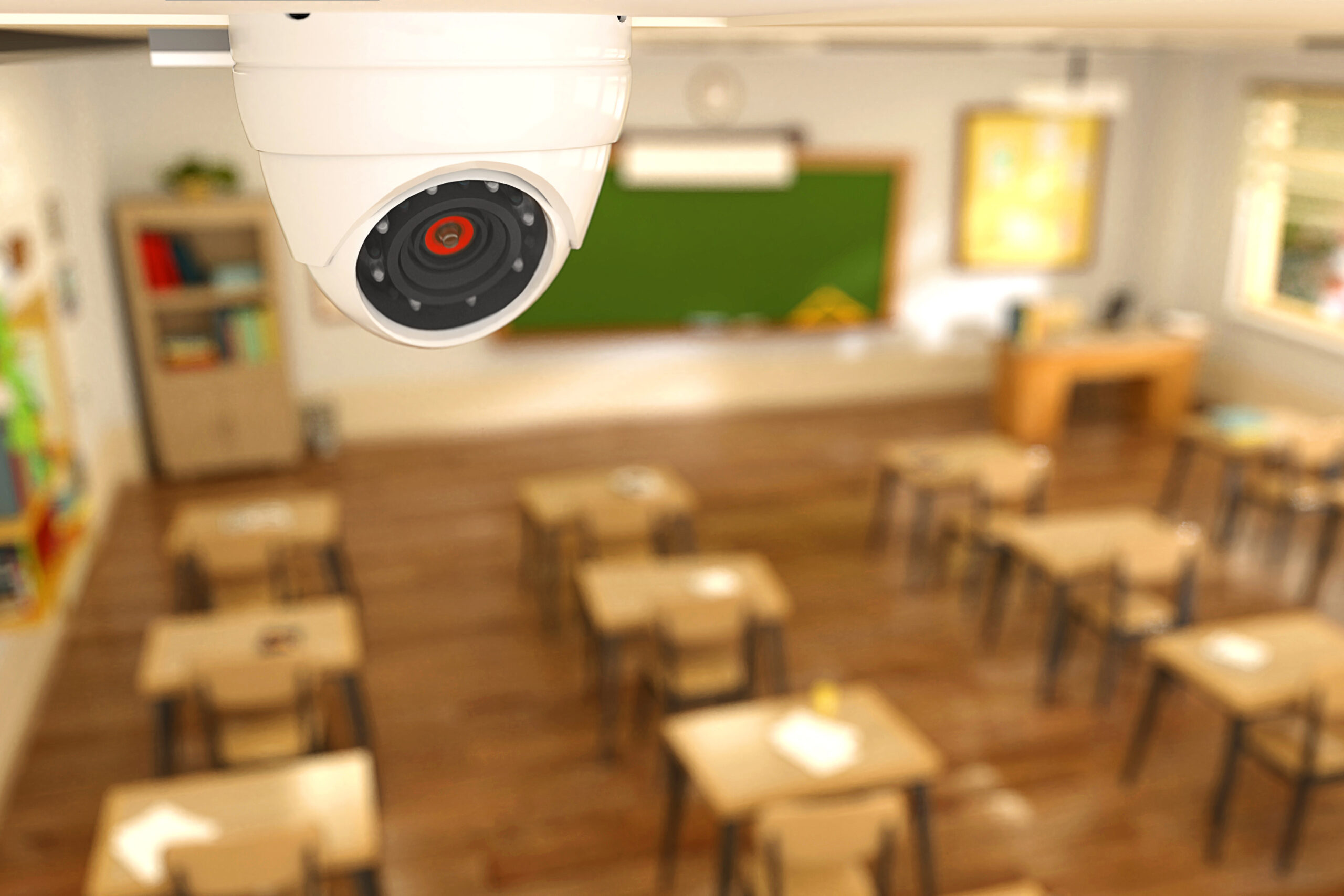When properties are left idle or vacant, the risk of fire-related incidents increases. Therefore, implementing a comprehensive fire prevention strategy is crucial. This article explores essential fire prevention measures for idle and vacant properties to ensure the safety of the premises and minimize the risk of destructive fires.
Fire Prevention Measures
Businesses should consider the following fire prevention measures for their vacant and idle buildings:
- Keep sprinkler systems operational. It’s imperative to ensure sprinkler systems on the property remain in service. Regular inspections are key, including weekly recorded checks of sprinkler control valves to confirm they are locked in the open position. Additionally, fire extinguishers and other fire-protection equipment should be inspected weekly.
- Perform quarterly sprinkler system testing. Fire-protection system alarms, including sprinkler control valve and water-flow alarms, should be tested quarterly to verify their functionality.
- Conduct heat inspections. If the heating system is still functional in a vacant building, it should be inspected regularly to make sure everything is working properly to avoid a fire hazard.
- Maintain landscaping. Keep the property’s exterior well-maintained. This includes cutting grass to a height of 3 inches or less, clearing brush and weeds from around buildings and service equipment, and promptly removing any waste materials that can fuel fires.
- Secure hazardous operations and remove combustible materials. For operations involving flammable liquids or equipment, take precautions such as turning off electrical equipment and securing utilities that won’t be in use. Additionally, remove flammable chemicals and other combustible materials from the property when possible.
- Coordinate with the fire department. Invite the local fire department for a pre-fire planning session to establish emergency protocols in case of a fire. Ensure they are familiar with all operational sprinklers and alarms and provide them with access keys or designated meeting points for easy response during alarms.
- Contact law enforcement. Notify local police departments if a building is vacant. Doing so can allow law enforcement to monitor the property regularly and help deter arson and other crimes.
- Increase security measures. To deter potential vandals or intruders and prevent arson, make the property appear occupied. Maintain the exterior by mowing lawns, trimming shrubbery and removing snow. Add extra locks, lighting, alarms and fencing where necessary. Regular checks for signs of break-ins are essential.
- Prevent freeze-ups. Provide adequate heat to the vacant or idle building to prevent freezing of fire-protection equipment, such as water supply tanks and sprinklers.
- Inspect the premises. Ensure that regular inspections of the building, as well as the perimeter of the property, are performed to check for break-ins or other hazards. In some cases, hiring security firms to perform inspections may be appropriate.
Conclusion
By diligently following these fire prevention measures, property owners and managers can significantly reduce the fire risks associated with idle and vacant buildings to preserve both the structure and safety of their surrounding communities. Fire prevention remains a shared responsibility that calls for proactive planning and ongoing vigilance to protect properties from potential disasters.
For more risk management guidance, contact INSURICA today.
This is not intended to be exhaustive nor should any discussion or opinions be construed as legal advice. Readers should contact legal counsel or an insurance professional for appropriate advice. ©2024 Zywave, Inc. All rights reserved
About the Author
Share This Story
Related Blogs
Enhancing School Security: Practical Strategies for Safer Campuses
Enhancing school security is one of the most pressing responsibilities for education leaders today. As school campuses evolve, so too must the systems that protect them. For administrators, safety professionals, and district decision-makers, creating a secure learning environment means taking a proactive, layered approach that includes physical security, training, technology, and community involvement.
5 Common Cybersecurity Mistakes and How to Avoid Them
All organizations, regardless of their size or industry, are at risk of being targeted by cybercriminals. These malicious actors can conduct cyberattacks, leading to significant financial, operational and reputational damage that can be difficult or impossible to recover from. Fortunately, solid cyber hygiene practices can reduce the likelihood of data breaches and other cyber incidents from occurring, and many of these practices are relatively low-cost and easy to implement.
Insurance Coverage Basics For Boatowners
A small boat, such as a canoe or other un-motorized boat, is typically covered under the personal property portion of your homeowners insurance policy. If you own a larger, faster boat, you'll need a separate boatowners insurance policy. A typical boatowners insurance policy is designed to protect your boat, motor, equipment, and passengers. It affords similar coverages to those you typically have for your car including:








